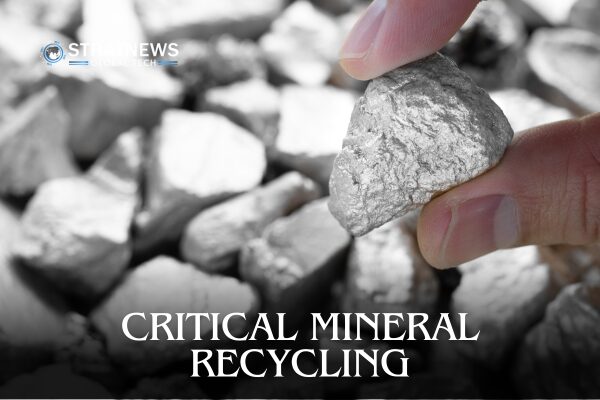Cabinet Approves ₹1,500 Crore Scheme to Boost Critical Mineral Recycling
The Union Cabinet, led by Prime Minister Narendra Modi, has approved a ₹1,500 crore incentive scheme. This scheme aims to build India’s capacity to recycle critical minerals from waste sources. It will support the recovery of valuable minerals from e-waste and battery waste to meet industrial demand.
Supporting India’s National Critical Mineral Mission
The new initiative forms part of the National Critical Mineral Mission (NCMM). This mission focuses on enhancing domestic supply and improving resilience across the mineral value chain. As mining and exploration often take time, recycling from waste is a faster and sustainable solution.
Under the scheme, secondary sources such as e-waste, lithium-ion battery (LIB) scrap, and other industrial waste will be targeted. Recycling these materials can help India reduce dependency on imports while strengthening its clean energy future.
Incentives for New and Existing Recyclers
The scheme will run from 2025-26 to 2030-31. It encourages both large and small recyclers, including start-ups. One-third of the scheme’s funding is set aside for smaller entities. Incentives are open to new recycling units as well as those expanding or upgrading their operations.
However, the benefits will only apply to those engaged in actual mineral extraction, not just initial processing like black mass production.
The scheme includes two key types of subsidies:
A 20% capital subsidy for machinery and utilities, if production begins within a set time.
An operational subsidy on incremental sales, with 40% disbursed in the second year and the remaining 60% in the fifth year.
To ensure wide participation, total subsidies per entity are capped. Large recyclers can receive up to ₹50 crore, and small entities up to ₹25 crore. This includes an operational subsidy limit of ₹10 crore for large firms and ₹5 crore for smaller ones.
Expected Growth and Economic Impact
The government expects this scheme to add 270 kilotonnes of annual recycling capacity. It should yield about 40 kilotonnes of critical minerals each year. The total investment generated is estimated at ₹8,000 crore, with around 70,000 direct and indirect jobs likely to be created.
The scheme was designed after thorough consultations with industry players and stakeholders, reflecting a collaborative effort to advance India’s green goals.


